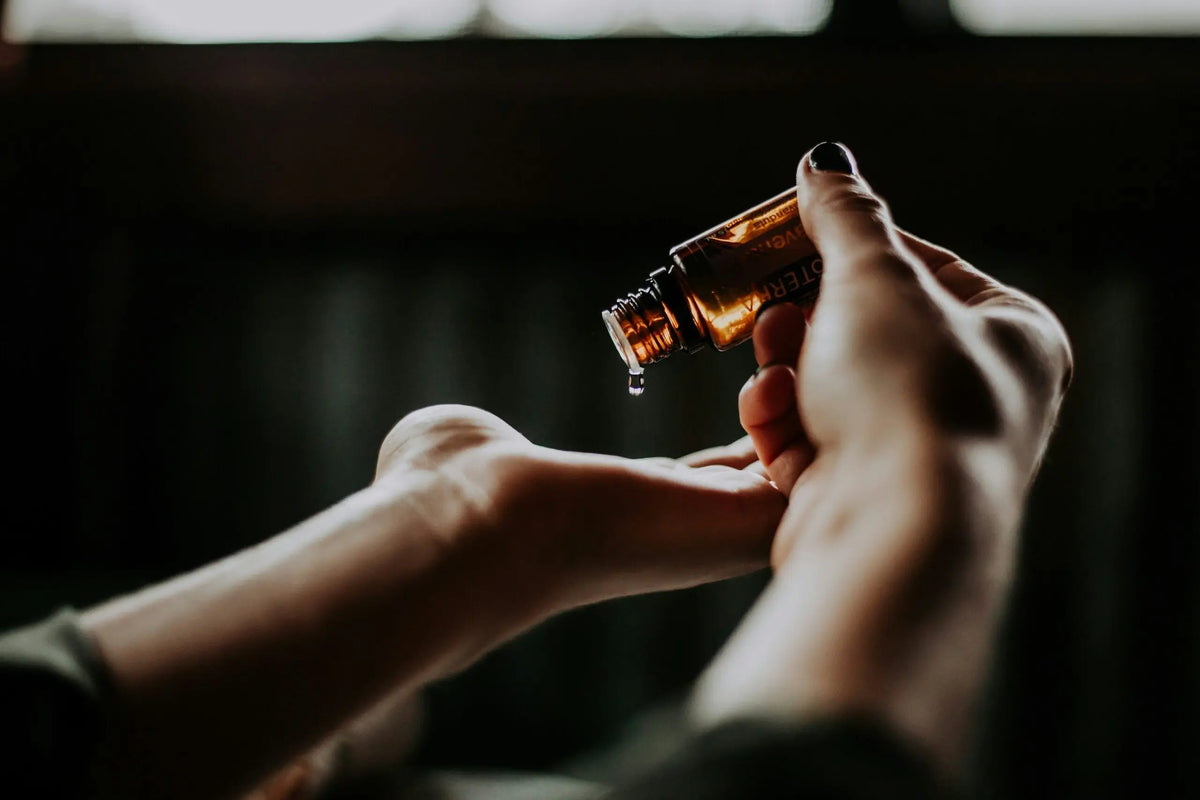
Unlocking Youthful Skin: The Power of Quality Sleep
|
Time to read 4 min
This store requires javascript to be enabled for some features to work correctly.
Written by: Dr Alanna Hare
|
Time to read 4 min
I love a new “wonder” cream just as much as the next woman, and as I’ve got older, I confess I have spent reasonable amount of my time, and a good deal of financial outlay, on products designed to bring back the elusive “glow” I had in my twenties. But, after extensive research, I want to share a skin secret with you, if you want to look healthier and younger, get more sleep.
You may be aware that our internal “body clock” is located deep in the brain, and helps to regulate our sleep/wake cycle, known as the circadian rhythm. But increasingly we understand that, in fact most of our organs and tissues contain their own clock genes, and recent research confirms that the skin is no different. This is not surprising, since the skin as an organ receives the greatest exposure to light, and it is the daily cycle of light and darkness which helps to entrain our circadian rhythm.
Many key skin functions show a circadian rhythm: skin water loss and hydration levels; skin surface acidity; facial sebum production and even the visibility of facial wrinkles all vary throughout the twenty-four hour period. One of the most important functions of the skin is to act as a barrier, preventing excessive water loss and halting the entry of foreign substances. Incredibly, just one night of sleep deprivation can weaken skin barrier function and impair the skin’s ability to repair itself after damage.
Studies have shown that the skin is more permeable in the evening and at night than in the morning, and that the skin barrier function at this time is less effective; this is likely to be why itchy skin conditions are often more troublesome at night time. Additionally, skin blood flow rates vary throughout the twenty-four hour period, with highest blood flow in the afternoon and evening, and a second peak during the late evening before sleep onset. Research suggests that this increase in skin blood flow during sleep helps to support the barrier defence of the skin as part of our body’s immune system. As blood flow to the skin is strongly promoted by sleep, reduced blood flow to the skin is likely to be one reason why our faces appear paler, dull and less healthy when we have not slept well.
Increasingly, research in dermatology confirms that ignoring our natural sleep/wake rhythm and reducing our sleep opportunity accelerate skin ageing, impair skin barrier function and lead to increased production and accumulation of damaging free radicals in the skin. Indeed, studies have shown that even one night of sleep deprivation can be perceived by observers in photographs, with sleep deprived individuals consistently rated as more fatigued, less attractive, and even as less healthy than when they are rested.
Maintaining skin health is therefore as much about ensuring we have appropriate sleep/wake cycles as it is about ensuring sufficient sleep. That means not only going to bed at a reasonable hour, but also keeping to a regular bedtime and getting up time throughout the week. But what else might this intrinsic rhythmicity in virtually all skin functions also mean for our skin care regimes? Harley Street consultant dermatologist, Dr Emma Wedgeworth says “I use the night as a time to optimise repair and regeneration of the skin. During the day, skin cells are busy protecting against the effects of UV damage. Night time is great opportunity to use products such as retinoids, niacinamide and alpha/beta hydroxyacids. These can help stimulate cell renewal, boosting the appearance of the skin”
So, whilst luxury creams and serums have their place, your mother and grandmother were right: if you want glowing, healthy, younger-looking skin, there is no substitute for beauty sleep.*
*Medical Disclaimer (see Terms & Conditions)
Sleep is essential for maintaining skin health because it supports the skin's barrier function, repairs damage, and promotes blood flow to the skin. Lack of sleep can weaken the skin's ability to retain moisture, accelerate aging, and result in a dull complexion.
Nighttime is when the skin's permeability increases, making it more receptive to products like retinoids, niacinamide, and hydroxy acids. This is the ideal time for repair and regeneration, as the skin transitions from protecting itself during the day to healing and renewing at night.
Irregular sleep/wake cycles or insufficient sleep can impair the skin’s natural rhythms, leading to faster aging, reduced barrier function, and increased free radical damage. Studies have shown that even a single night of poor sleep can make a person appear less attractive and healthy.
The Myza Editorial Team
Read moreReceive 10% off your first order when you subscribe to our newsletter





